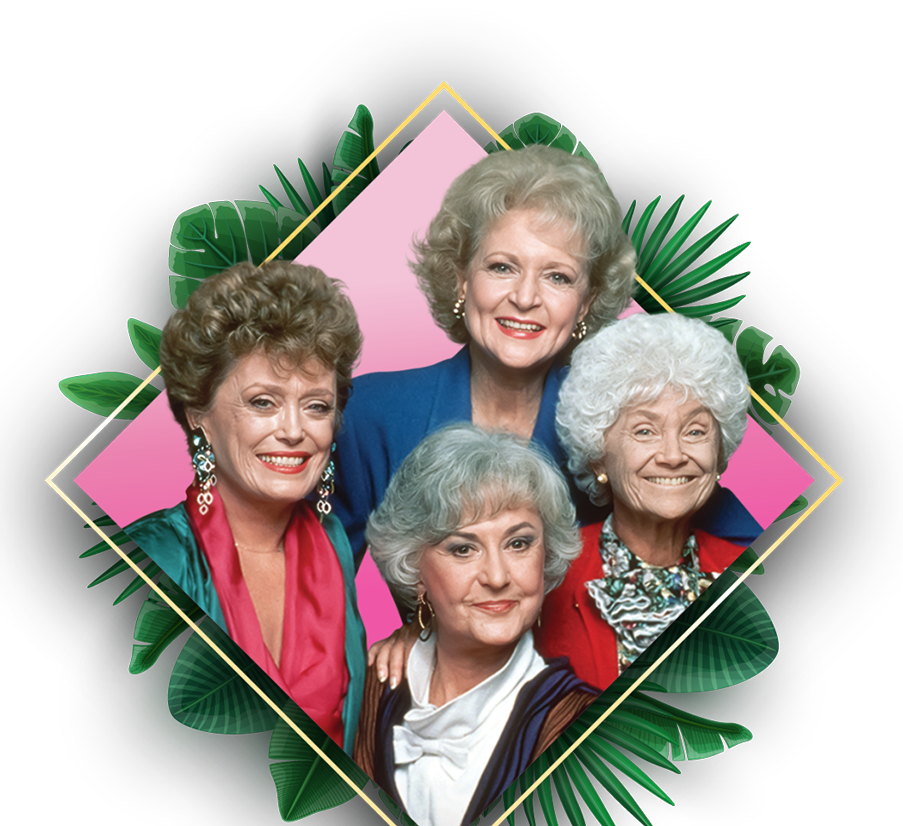Rod Serling left a legacy in his hometown, just don't call them a fan club
The voice that once scared you was actually a sweet, smiling childhood friend to many.

Witness a transformation: A witty, young boy from an idyllic New York town in the 1930s becomes the master of anthology in the Golden Age of television. You are now entering The Twilight Zone creator's humble beginning.
Rod Serling grew up delivering packages for his father's butcher shop, was a captain on his high school debate team, and used to write patriotic newspaper editorials. Serling took a big turn with his writing, a twist only he could have written for his life story.
Those who grew up with Serling in his hometown of Binghamton, New York, said their Rod Serling was not the sinister narrator who introduced chilling tales such as "The Monsters Are Due on Maple Street," and "Nightmare at 30,000 Feet."
In a 1989 interview with The Hanford Sentinel, former classmates and family members of Serling talked about his past.
"He was always gregarious and wasn't a bit Edgar Allen Poe-ish," said Helen Foley, Serling's junior high drama teacher. "He was very funny and witty and charming."
Fourteen years after Serling's death, a group of friends formed The Rod Serling Memorial Foundation, located in Binghamton. The foundation was started to keep Serling's memory alive.
The foundation has over 150 members nationwide, but don't call it a fan club.
"We don't want to be called fans," Foley said. "Fans sound as though we're a bunch of clucks like those Star Trek people."
His brother, Robert Serling, remembered staging plays with the future star. Figuring out why The Twilight Zone captivated audience members the way it did, "would be like describing the color red," he said.
"Part of it was Rod's voice and appearance, the way he set the mood," his brother said. "Part of it was... the unexpected twist, the surprise ending. And part of it was that Rod masqueraded a sermon in his scripts. He sent messages to people without them realizing they were being preached to."
His friends in Binghamton remember Serling not as a star but as the smiling boy at the center of every high school group picture.
"We often wonder what he'd be writing today," former classmate, Robert Keller said. "If he were alive I'm sure he'd have something in the running for the Oscars."
Serling wrote 92 of the The Twilight Zone's 156 episodes, and became its host after the producers' first choice, Orson Wells, was too expensive.
Nerves caused Serling's hushed tones at first, but as he grew more comfortable in front of the cameras, he stuck with his menacing voice because it fit the show. Although Serling may have been different in person, his passion for The Twilight Zone struck a chord with those who knew him well.


































